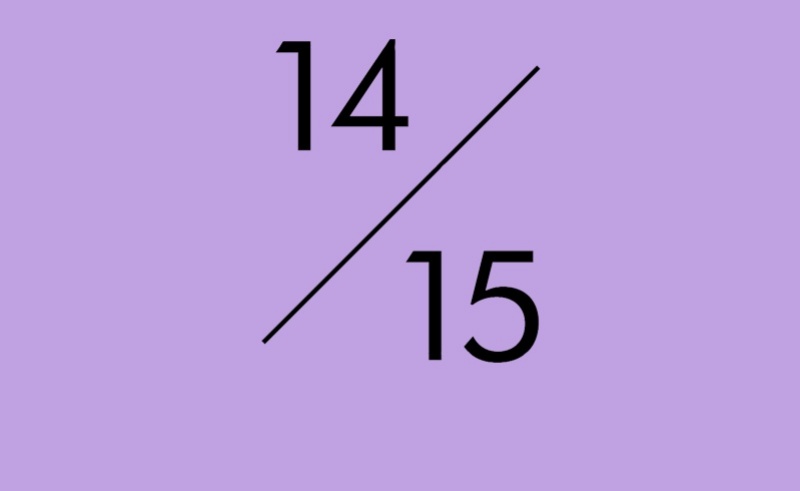Editorial 14/15

This season, the Gulbenkian Choir is in the spotlight as it reaches the respectable age of 50. Two years younger than the Gulbenkian Orchestra, the choir has deeply shaped choral singing in Portugal. When Michel Corboz assumed the artistic responsibility for the choir in 1969, after the death of its founder Olga Violante, there were no examples in the country that would serve as a starting point. If we look at the national scene today, half a century later, we have a true choral culture in the country, inspired by the example of the Gulbenkian Choir.
The numerous invitations for performances on international stages are evidence that the Gulbenkian Choir is today one of the major symphonic choruses in Europe. How did this happen? The possible answers could well start with this: anyone working with Michel Corboz is inevitably tainted by his deep love for music. Technical ability, a fine sense of tuning and other related aspects are essential, but what really makes the difference is the act of going beyond, of touching the divine in music. Michel has this gift and is able to share it with others.
After this introduction, its not surprising that the Gulbenkian Choir is really the backbone of this seasons programme. The concert commemorating the Gulbenkian Choirs 50th anniversary in November will offer us one of the most emblematic works of the groups repertoire, the Mozart Requiem, alongside a new work commissioned from the composer Eurico Carrapatoso. Under the aegis of the Gulbenkian Choir, the versatile Portuguese choral landscape will also be in the spotlight, with other choral groups being invited to join it and fill the Gulbenkian Foundation with the art of singing in all its forms. Furthermore, this Open Doors event, on 9 November, will offer workshops for those who want to experience the feeling of singing in a choir.
The Gulbenkian Choir opens the Gulbenkian Music season together with the Gulbenkian Orchestra and conductor Paul McCreesh, in a performance of the War Requiem by Benjamin Britten. This concert is part of a theme that appears in several programmes during the autumn: how the First World War – or more broadly, conflicts between nations and peoples affected composers and how this reflects in music.
The Gulbenkian Orchestra is host to some of the stars in the Great Performers cycle who will visit us during the season, such as the conductor Esa-Pekka Salonen and the tenor Joseph Calleja.
As has become usual, the orchestra will also allow us to enjoy the spectacle of opera. This time, a favourite Mozart opera, The Marriage of Figaro will be joined by a discovery, the French comic opera Le pré aux clercs by the composer Ferninand Hérold.
Great pianists are an important part of our season. The cycle of piano recitals will bring back friends such as Radu Lupu, Mitsuko Uchida, Grigory Sokolov and Murray Perahia and introduce a long-awaited debut on our stage by Daniil Trifonov. Other great pianists will join the orchestra, such as Elisabeth Leonskaja, who will play both Brahms Piano Concertos in a single programme.
Tradition and renewal. Respecting the heritage of the past, but looking firmly to the future. This is our aspiration for the season. We welcome old friends with open arms and greet newcomers. This applies to musicians and the public alike.
I wish you a warm welcome to Gulbenkian Music 14/15.
Let music be with us.
Risto Nieminen Gulbenkian Música Director